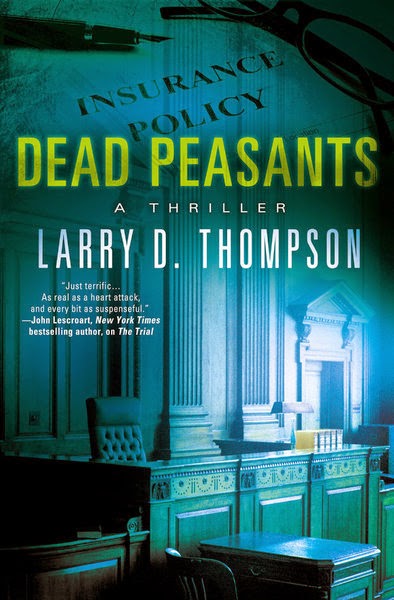
We are delighted to share with you the full program for Ubud Writers & Readers Festival, October 1-5, 2014.
With over 150 writers from more than 25 countries it’s truly a celebration of global issues, big ideas and extraordinary stories. This year’s theme, Saraswati: Wisdom & Knowledge is an exploration of the wisdom to be gained by creative expression.
A number of the Festival’s writers are no strangers to prizes – such as Hassan Blasim (Independent Foreign Fiction Prize); Eimear McBride (Baileys Women’s Prize) and Cyrus Mistry (2014 DSC Prize) – to name a recent few.
Queen of Crime and creator of much-loved series Wire in the Blood, Val McDermid will be jetting over from Scotland, while master novelist Amitav Ghosh joins us along with Pulitzer Prize-finalist Deborah Baker (they’ll also lead an exclusive post-Festival Komodo Islands cruise).
With wandering in their blood, the program features British travel writing great Colin Thubron; memoirist Robyn Davidson; Tim Cope; and Carl Hoffman.
Rayya Elias, Kate Holden and poet Kosal Khiev are all survivors of different stripes, while star of Spike Lee’s Inside Man, Carlos Andrés Gómez is also an acclaimed spoken-word poet and writer.
Leading the vanguard for avant-garde Asian fiction is Chinese writer Can Xue and Japanese novelist Minae Mizumura, while ex-pat Malaysian Tash Aw continues to delight us.
From Indonesia the Festival has invited publishing pioneer Goenawan Mohamad, intellectual Azyumardi Azra, art patron Agung Rai and Festival favourites Debra Yatim, Ahmad Fuadi and Ketut Yuliarsa. ‘Truman Capote with a machete’ Made Wijaya joins the line-up, as does How to act Indonesian YouTube hit sensation Sacha Stevenson, plus many more.
Ardent human rights activists and social commentators are plenty, from one-time UN Representative in Sudan Mukesh Kapila, to frontline journalist Pallavi Aiyar, author of TheWisdom of Whores and Indonesia etc. Elizabeth Pisani, and Polish editor and journalist Adam Michnik. On the environmental front we have Keibo Oiwa, Nadya Hutagalung,Willie Smits and more.
In addition to our Main Program and Special Events, we’ve added exciting extras: Yoga; Digital Dialogues; Surf; plus of course Environment Day and The Kitchen. We hope you enjoy exploring.
With literary lunches, workshops, in-depth conversations,children’s and youth events, twilight performances, film screenings, poetry slams, cultural masterclasses, art exhibitions, book launches and more, be sure not to miss this world class event set in Bali’s cultural heartland.
Full program HERE.
Purchase your Festival Passes HERE.
Please note: Sir VS Naipaul will unfortunately no longer be joining the 2014 line-up. More information here.









.jpg)




